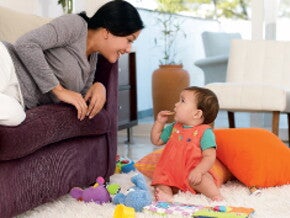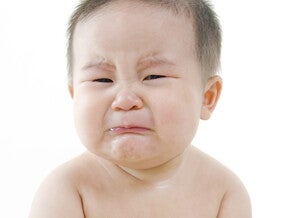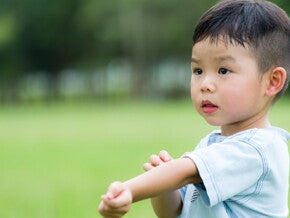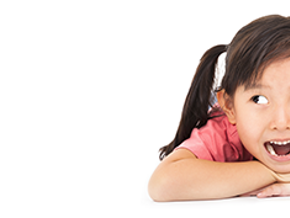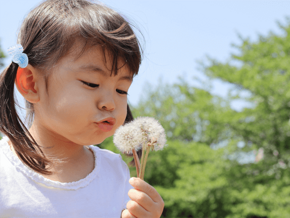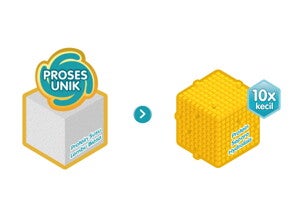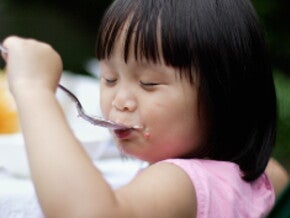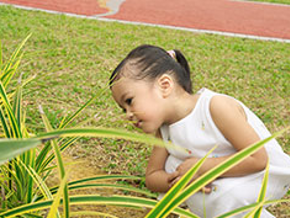
There are countless microorganisms living and moving around us every day. While most parents would believe that all microorganisms are the same, there are a lot of different types that can affect the body in different ways. Some are harmful, some are not. It is important to understand the difference between some of these microorganisms, so you can better identify what kind of infection your child may be facing, or if certain microorganisms are beneficial for the body.
Bacteria
Bacteria are single-celled microorganisms that have been around for billions of years. They can thrive in many types of environments, including the human body. In the body, a large number of bacteria can be found in the gut. In fact, the gut is home to 100 trillion beneficial and harmful bacteria. Harmful bacteria in large numbers cause infections while the beneficial ones help fight off harmful bacteria and maintain good health. Therefore, it is crucial to maintain a good balance of bacteria to help protect a child by producing antibodies to stimulate, train and help mature a child's immune system. Some examples of beneficial bacteria include B.lactis probiotics.
Viruses
Viruses are much smaller than the smallest bacteria and require living hosts to survive and multiply. It is infectious and in most cases, affects the host cells in a negative way. In most cases, the viruses will take over the host cell and affect its functions. This is how viruses can cause disease in the body, and spreads to other people through contaminated surfaces, food or water. One way to minimize the effects of harmful viruses is to encourage hand washing in the house. While it may seem like a simple task, curious children may often touch everything they see, and forget to clean their hands later. Encouraging good hygiene will help reduce the risk of picking up unwanted viruses from contaminated surfaces. The same goes for you as parents. If any member of the family is sick, they should avoid handling food and minimize contact with the rest of the family members to avoid the spread of disease. Clean contaminated items like toys regularly, and don’t share food, or even toothbrushes.
One of the main differences between bacteria and viruses is that bacteria are less dependent on a living host than a virus. Viruses are also more likely to be harmful than bacteria. If your child seems to be feeling under the weather, it’s always best to clarify with your doctor on the symptoms, the causes and the treatment.
** Langhendries JP, Detry J, Van Hees J et al. J Pediatr Gastroenterol Nutr 1995; 21: 177-81.








